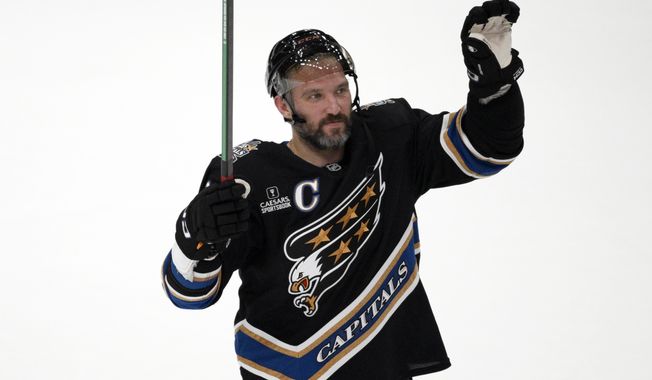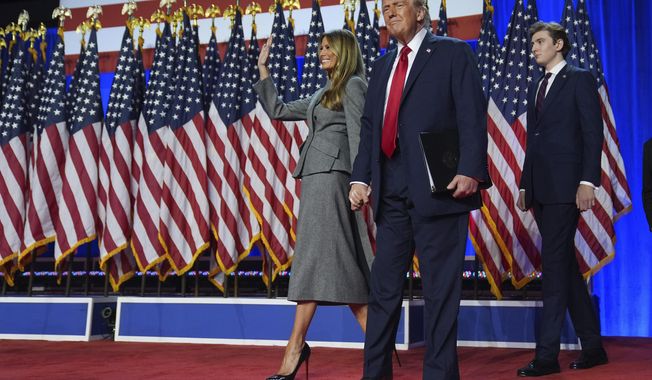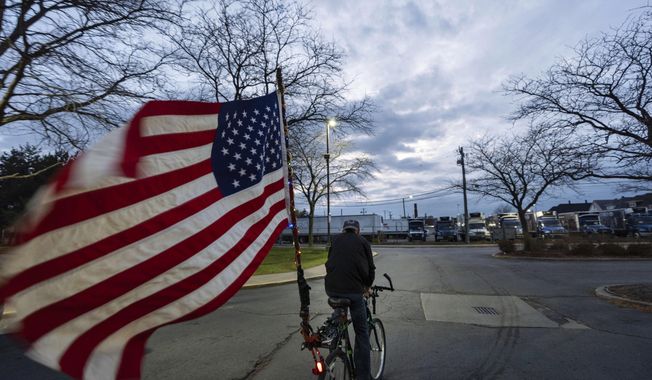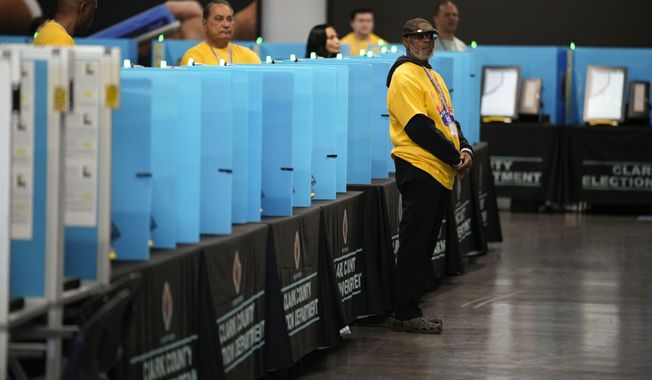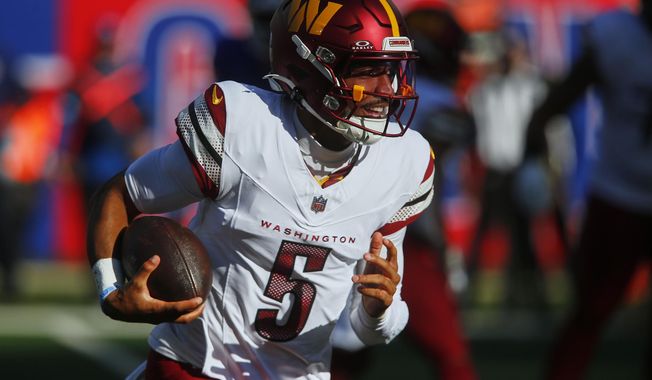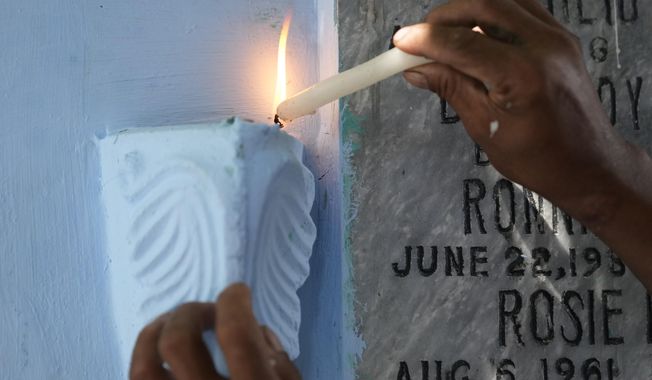
In a photo made Friday, Oct. 30, 2009 a mother dresses her baby after he was examined by doctors in order to receive a new vaccine at the Walter Reed Project Research Center in Kombewa in Western Kenya. For Africans wondering whether the malaria drugs they've bought are real, there may soon be a quick way of finding out: sending a text message. Across the continent, more than 30 percent of malaria medicines are estimated to be fake, and many look identical to the real thing. A new project called mPedigree lets consumers send in a code via text message that lets them check if their drugs are genuine(AP Photo/Karel Prinsloo)
Featured Photo Galleries
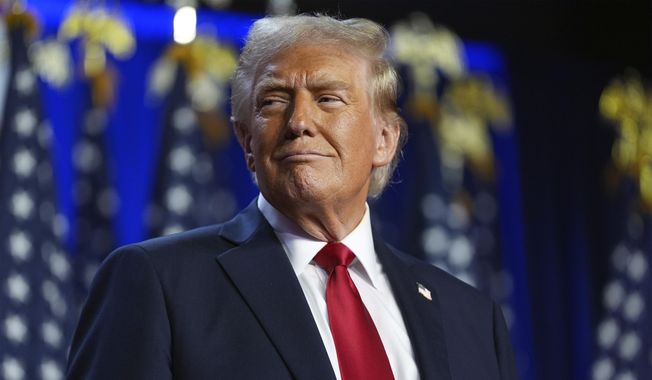
Trump Transition: Here are the people Trump has picked for key positions so far
President-elect Donald Trump has announced a flurry of picks for his incoming administration. Get full coverage of the Trump transition from The Washingon Times.
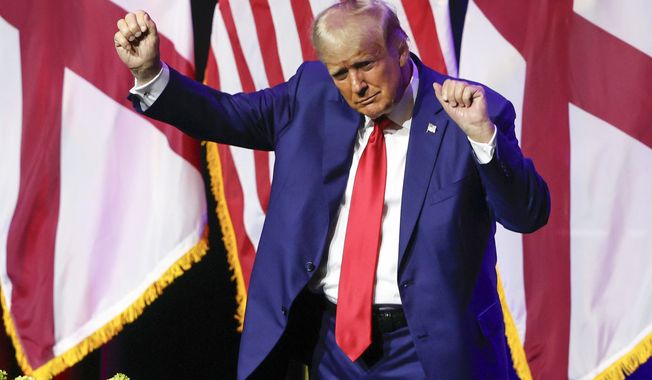
Trump dances onstage, takes post-election nation by storm
President-elect Trump dances onstage



